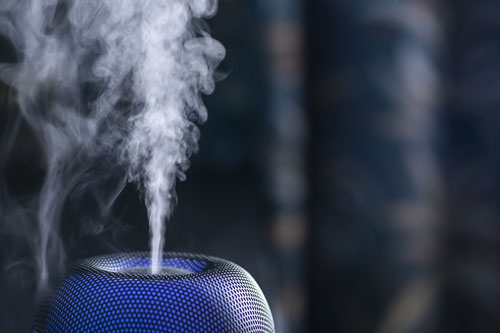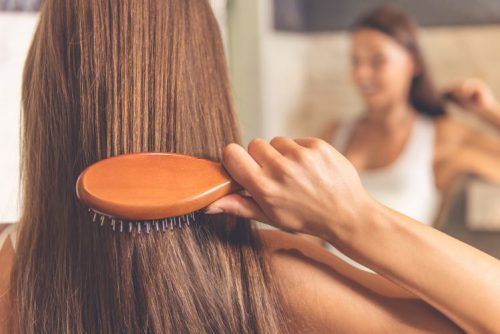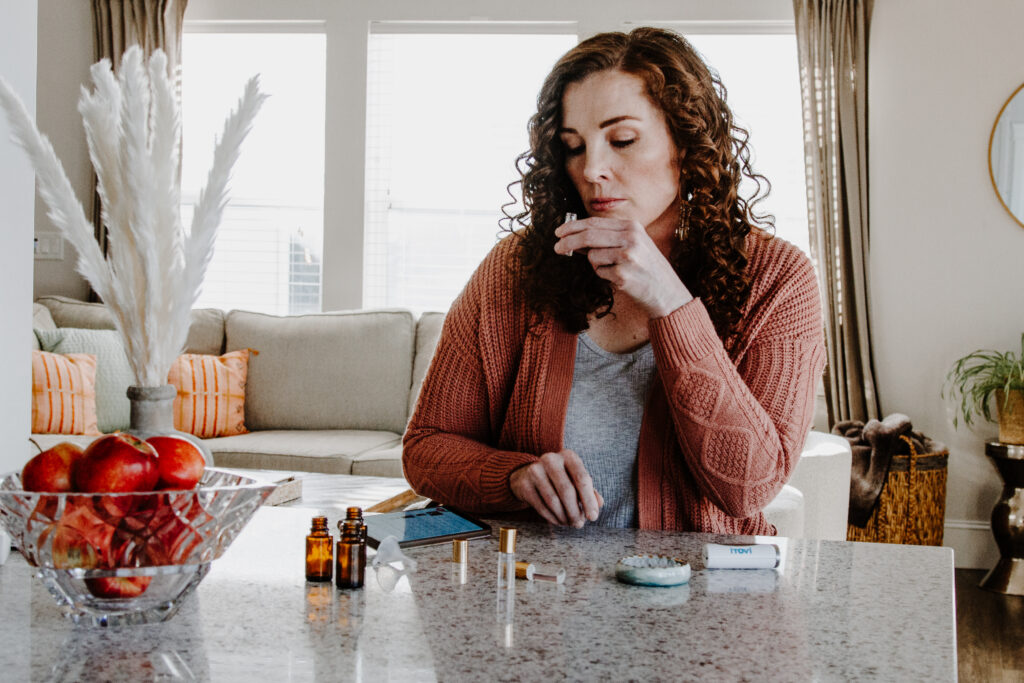
The Value of Pure Air
Air quality has an enormous impact on our daily wellness.
Consider that whatever is present in the air around you—you are breathing it in all the time.
While pure air delivers the oxygen your body needs to keep going, air pollution causes excess carbon dioxide, toxic compounds, infectious microbes, and potential allergens to hitch a ride with that oxygen into our lungs.
And since we breathe every minute of every day, there are seemingly endless opportunities for bad air to get in and cause damage to our bodies.
What’s more, according to the Environmental Protection Agency (EPA), the most pollutant-laden air is indoor air. And Americans tend to spend 90% of their time indoors!
In the short term, breathing in bad air can reduce brain function, trigger fatigue, bring on headaches, and cause many other health and wellness issues. And in the long term, your lungs can become diseased or weakened from the constant influx of bad air being pulled into your body.
Can essential oils really help improve air quality?
If used correctly, yes.
Many essential oils are made up of chemical compounds that have antimicrobial and/or antibacterial properties. So as they are diffused, they may help eliminate some of the health threats hanging in the air.
There may be microscopic enemies in the air around us, but diffusing essential oils can help us take out those enemies and enjoy better health and wellness!
However, if overused or used incorrectly, essential oils can pose their own threat to air quality.
How to correctly use essential oils to improve air quality
Tip 1: Diffuse your oils for only 30 minutes at a time.
Diffusing essential oils, especially oils like tea tree, peppermint, eucalyptus, and clove, can help kill airborne bacteria and filter out environmental toxins!
However, diffusing essential oils for too long can increase the presence of secondary pollutants (like formaldehyde) or trigger headaches.
So make sure you only diffuse for 30 minutes at a time! (Your nose will only be able to pick up on and appreciate the smell for about 30 minutes anyway.)
Tip 2: Pair diffusing with proper ventilation.
Proper ventilation is crucial for healthy indoor air.
One of the things that makes indoor air so dangerous is that, without proper ventilation, the indoors can become a closed loop of ever-increasingly stale and toxic air.
Ventilation makes it possible for the bad air to leave your home and get replaced by fresh, healthy air! And ventilation will also allow your essential oils to go farther faster, helping to clean up the air as they go!
So double-check your home’s ventilation system. And open a window whenever you can!
Tip 2: Replace chemical-laden cleaning products with DIY Essential Oil Cleaning Products
Cleaning products are believed to be responsible for nearly 20% of all indoor air pollution!
Now, of course, it’s better to clean than to not, because the dust and grime in your home contribute to poor air quality as well.
But to avoid breathing in excess amounts of cleaning chemicals, try using DIY cleaning products made with essential oils!
There are many, many recipes for DIY cleaning products. And, depending on if you are looking to make a cleaning or a sanitizing solution, DIY recipes usually call for you to mix some essential oils with other simple, non-toxic ingredients like white vinegar, baking soda, salt, castile soap, and/or an alcohol solution.
Extra tips for improving the indoor air quality of your home or office
Tip 1: Adopt some plants.
Plants are great for improving indoor air quality!
Carbon dioxide is a huge issue when it comes to indoor air quality. (Every person breathes out roughly 2.3 pounds of carbon dioxide into the house every day!) But plants quite literally feed off of carbon dioxide molecules and replace them with oxygen!
Studies have shown that reducing the amount of carbon dioxide in a room can double brain function and seriously increase productivity! So plants are a great investment for your everyday productivity as well!
And some plants such as peace lilies, Chinese evergreens, spider plants, etc even help purify the air of toxins!
Tip 2: Install high-quality air filters
Whether you are replacing the old filters in your air conditioning system or buying a modern plug-in air purifier, make sure that the air cycling through your indoor environment is getting filtered!
Houses are built more air-tight than they used to be. And without good filters, your home can end up cycling the same stale and toxic air through your home over and over.
A good filtration system will help you keep the cycle of air in your home clean.
Tip 3: Balance the humidity in your home
If the air in your home is too dry, it can damage your skin, your lungs, and even your furniture! If the air in your home is too humid, it can encourage fungal and bacterial growth and even cause your body to overheat!
Thankfully, today, you can get smart humidifiers and dehumidifiers to help you keep your home in balance. You can even buy a humidifier that doubles as an essential oil diffuser!
Conclusion
Air quality is something that impacts us all.
And since we all breathe and we all contribute to what goes into the air, we all have a responsibility to keep the air around us clean.
And while it may take a little work to get the right tools in place, many of the clean-air interventions listed above can be implemented quickly and can benefit our collective health for years to come!




